Sunflower Seeds are a nutrient-dense superfood for birds, providing essential energy, healthy fats, and immune-boosting vitamins.
⚡ Bird Owner’s Secret Weapon: Instant energy • Glossy feathers • Year-round health
Why Sunflower Seeds Belong in Every Bird’s Diet:
- ✓ Vitamin E Powerhouse – 3x more than almonds (for radiant feathers)
- ✓ B-Complex Vitamins – Supports nervous system & metabolism
- ✓ Healthy Fats – Sustained energy without weight gain
🔋 Energy-Boosting Nutrition:
24%
Protein
49%
Healthy Fats
8%
Fiber
Ideal For:
🦜 Molting Season
🐦 Breeding Birds
❄️ Winter Months
🎁 Special Offer: Get 10% Off Use code WELCOME10 + Free Shipping!
⏳ Limited stock
Naturally rich in Vitamin E, protein, and B-complex vitamins, these promote feather shine and boost overall immunity. They keep your birds active and healthy, especially helpful during molting, seasonal transitions, and breeding phases.
Suitable for budgies, cockatiels, lovebirds, finches, and parrots, our seeds are hand-cleaned and unpolished — ensuring you receive only the finest quality grains without any artificial additives or dust.
Packed in a triple-layer, food-safe pouch for maximum freshness, our seeds can be fed as-is or mixed with other LIPA blends to support full-spectrum bird wellness.
The Perfect Snack: Nutritional Power of Sunflower Seeds
These small-yet-mighty provide the sustenance and energy required for birds to thrive. Whether it’s soaring through the skies or nurturing their young in the nest, packed with proteins, healthy fats, and critical vitamins, they are more than just bird feed—they are nature’s gift to biodiversity.
Nutritional Content vs. Bird Benefits: Why Choose Sunflower Seeds?
Understanding the rich nutrient profile of sunflower seeds is key to appreciating their benefits for birds. From enabling stronger feathers to maintaining energy levels, the advantages are undeniable. Below, we’ve provided a side-by-side table showcasing the nutrient content of sunflower seeds along with their corresponding benefits for birds:
Nutritional Content and Benefits Table
| Nutrient Content (%) | Bird Benefits |
|---|---|
| Protein (20-25%) | Supports muscle development and growth, particularly for fledglings. |
| Healthy Fats (30-40%) | Boosts energy levels for sustained flight and activity. |
| Vitamin E | Promotes healthy skin and feathers, enhancing insulation and waterproofing. |
| Fiber | Aids in digestion and nutrient absorption. |
| Calcium | Ensures strong eggshells and robust bone development. |
| Iron | Supports oxygen delivery in blood, critical for high-energy activities. |
| Magnesium | Contributes to metabolic efficiency and energy production. |
| Phosphorus | Improves skeletal strength and egg production. |
These are an incredibly versatile and nutritional option for bird feed. Whether you’re providing sustenance for backyard visitors or nurturing aviary species, they deliver unmatched benefits. They cater to birds’ dietary needs.
Why Sunflower Seeds Are Essential for Birds
These are one of the most highly recommended food sources for birds. Packed with essential nutrients that promote overall health and energy, offering them in your backyard feeder can attract a variety of bird species. This ensures they receive a nutritious diet. Whether you’re a bird enthusiast or just starting to explore backyard feeding, they are an ideal choice for keeping our feathered friends happy and healthy.
Frequently Asked Questions About Sunflower Seeds for Birds
1. What types of birds eat sunflower seeds?
Sunflower seeds are loved by finches, cardinals, chickadees, nuthatches, sparrows, and many other songbirds. Their nutrient-rich content appeals to a broad range of species.
2. Are sunflower seeds good for birds?
Yes, sunflower seeds are highly beneficial to birds as they provide high energy, essential fats, proteins, and nutrients. They are particularly important during colder months.
3. Can birds eat salted sunflower seeds?
No, birds should not be fed salted or flavored sunflower seeds. Opt for raw, unsalted seeds to ensure their health isn’t compromised.
4. Are sunflower seeds easy for birds to eat?
Yes, most birds can easily crack open the shells or consume shelled sunflower seeds. Hulled seeds are particularly easy to eat for smaller birds.
5. What are the benefits of feeding sunflower seeds?
These aid in maintaining birds’ energy levels, feather growth, and overall immune health. They are a staple food source for wild birds.
6. Can sunflower seeds spoil?
Yes, sunflower seeds can spoil if exposed to moisture or extreme weather conditions. Regularly check feeders and replace seeds as necessary to avoid mold.
7. How do I attract birds using sunflower seeds?
Place sunflower seeds in a clean bird feeder or sprinkle them in open areas. Position feeders near shrubs or trees to create a safe environment for birds.
8. Are there different types of sunflower seeds for birds?
Yes, commonly used types include black oil sunflower seeds (high in oil content) and striped sunflower seeds (larger and harder shells).
9. How often should I refill feeders with sunflower seeds?
Depending on bird activity, you may need to refill feeders daily or every few days. Keep an eye on seed levels and bird traffic.
10. Are sunflower seeds suitable for baby birds?
Baby birds require soft, pre-digested food from their parents. While these are not ideal for hatchlings, they are perfect for adult birds.
11. Can sunflower seeds be mixed with other bird feed?
Absolutely! Mixing sunflower seeds with other seeds like millet or safflower creates diverse options for birds while attracting a range of species.
12. How should I store sunflower seeds?
Store sunflower seeds in an airtight container in a cool, dry place to preserve their freshness and nutritional value.
13. Why choose sunflower seeds over other seeds?
Sunflower seeds are preferred due to their high energy content, ease of access for birds, and ability to attract a wider variety of bird species.
14. Do sunflower seeds help birds during winter?
Yes, sunflower seeds are immensely beneficial during winter when natural food sources are scarce, providing birds with necessary dietary fats and energy.
15. Can I grow sunflowers to provide seeds for birds?
Yes, growing sunflowers is a sustainable way to produce seeds for birds while contributing to local wildlife habitats.
16. What is the best type of feeder for sunflower seeds?
Tube feeders, hopper feeders, and tray feeders work well for holding sunflower seeds and allow birds easy access.
17. Are hulled sunflower seeds better than seeds with shells?
Hulled sunflower seeds minimize mess and are easier for birds to eat, but shelled seeds encourage natural foraging behaviors.
18. Should I clean sunflower seeds before offering them?
No, sunflower seeds purchased specifically for bird feeding are ready to use and require no cleaning before placement in feeders.
19. Can sunflower seeds attract unwanted animals?
Yes, sunflower seeds may attract squirrels and rodents. Consider squirrel-proof feeders or strategic placement to minimize this.
20. What are the signs of a healthy bird habitat with sunflower seeds?
Active feeders, diverse bird species, and vibrant feather colors are all positive signs of a thriving bird habitat fueled by these.
Enhance Your Backyard Today
Offering these to birds is a rewarding way to connect with nature. Supporting wildlife allows you to enjoy the beauty of birdwatching. Add them to your feeding routine and witness the positive impact on your feathered visitors.

Raw Seeds
Foxtail Millet
Rich in carbohydrates, fiber, protein, and essential minerals like iron and magnesium, making it a highly digestible energy source for birds.
- Provides long-lasting energy and supports daily activity
- Aids digestion and maintains gut health
- Supports feather strength and quality
- Easy to digest — perfect for small and young birds
- Promotes healthy weight and natural foraging behavior
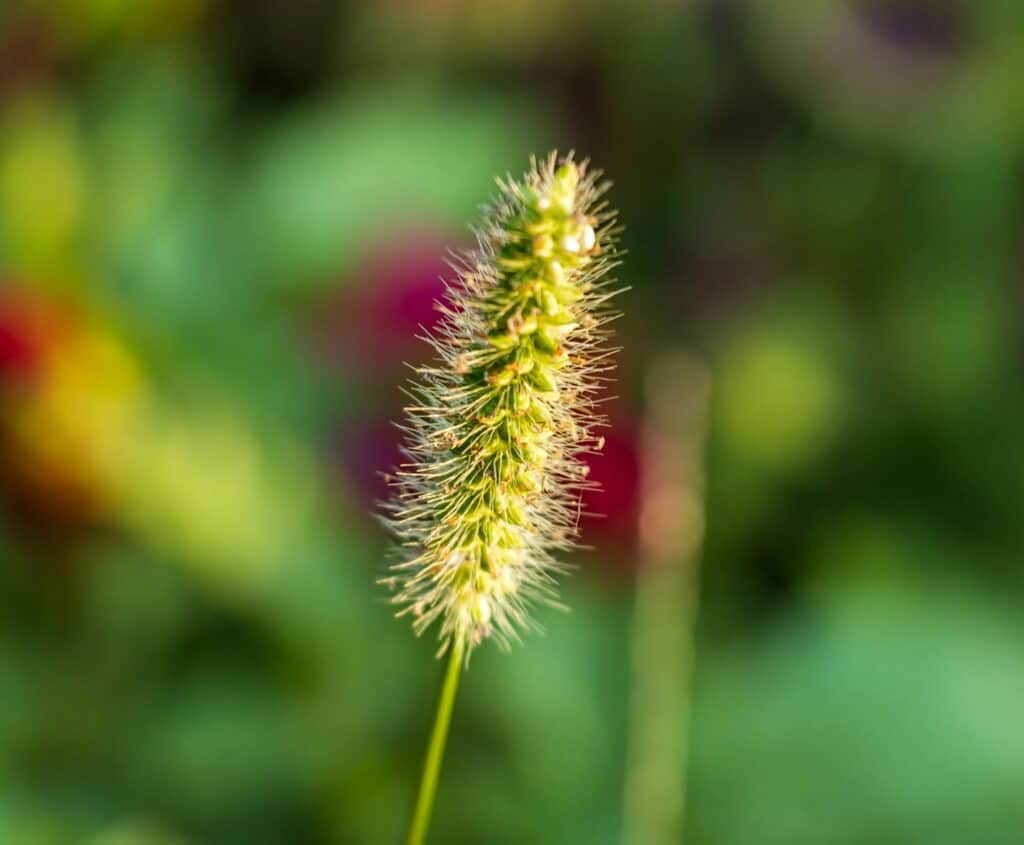
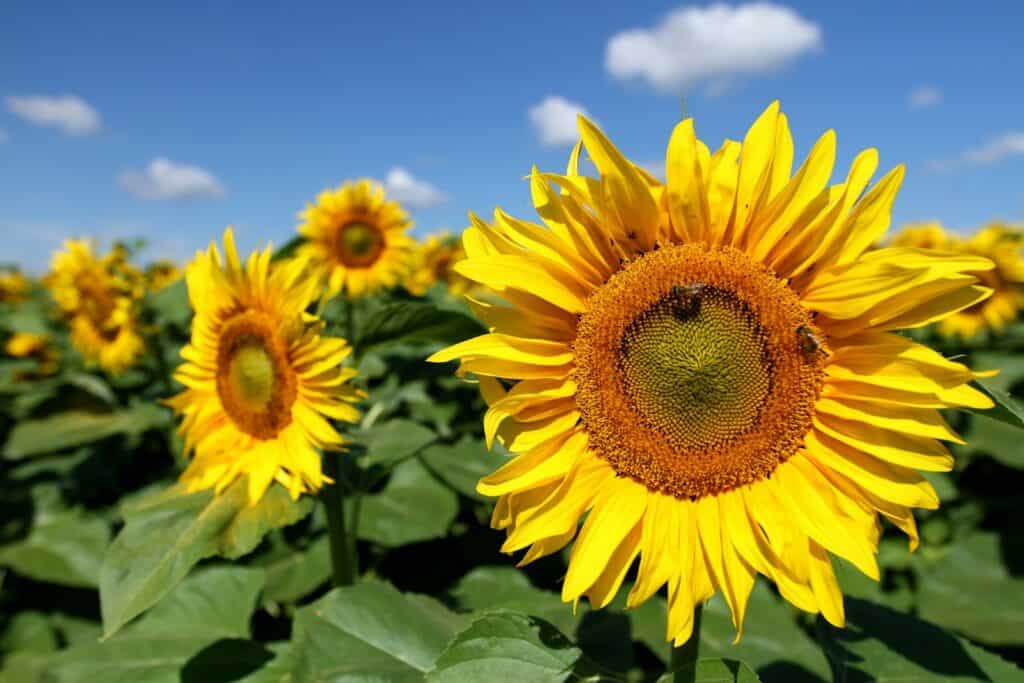
Sunflower Seeds
Packed with healthy fats, protein, Vitamin E, and B-complex vitamins — great for energy, feathers, and immune health.
- Promotes glossy, healthy feathers
- Boosts energy with natural fats
- Strengthens the immune system
- Supports bone health and activity
- Encourages natural foraging behavior
Safflower Seeds
High in protein, fiber, and healthy unsaturated fats — with antioxidants that support heart and feather health in birds.
- Improves feather shine and strength
- Supports heart and liver health
- Boosts natural immunity
- Aids digestion with dietary fiber
- Helps manage a healthy weight in birds prone to obesity
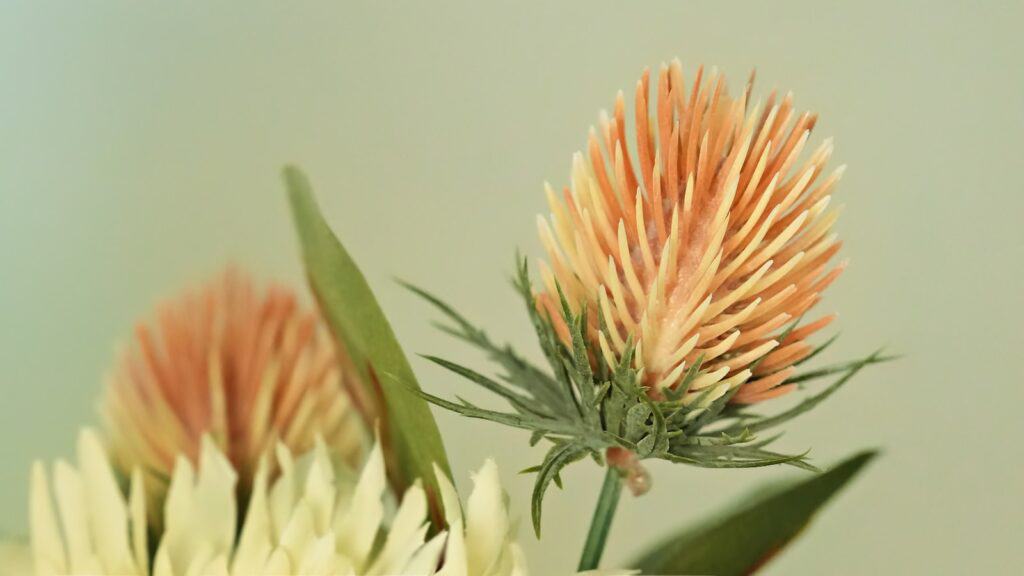
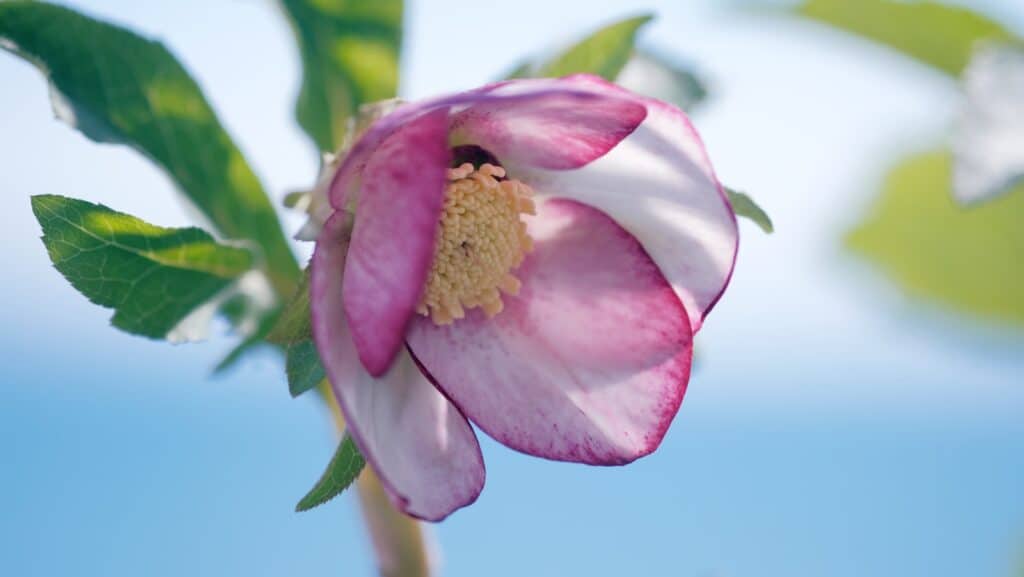
Mix Seeds
A diverse mix of millet, oil seeds, and grains offering balanced protein, fiber, essential fats, and minerals — ideal for daily avian nutrition.
Foxtail Millet, Kodo Millet, Proso Millet, Barnyard Millet, Niger Seeds, Flax Seeds, Sesame Seeds, Oats, and more.
- Provides complete and balanced daily nourishment
- Supports energy, muscle growth, and feather quality
- Promotes healthy digestion and gut activity
- Encourages natural foraging and mental stimulation
- Suitable for all seasons and multiple bird species

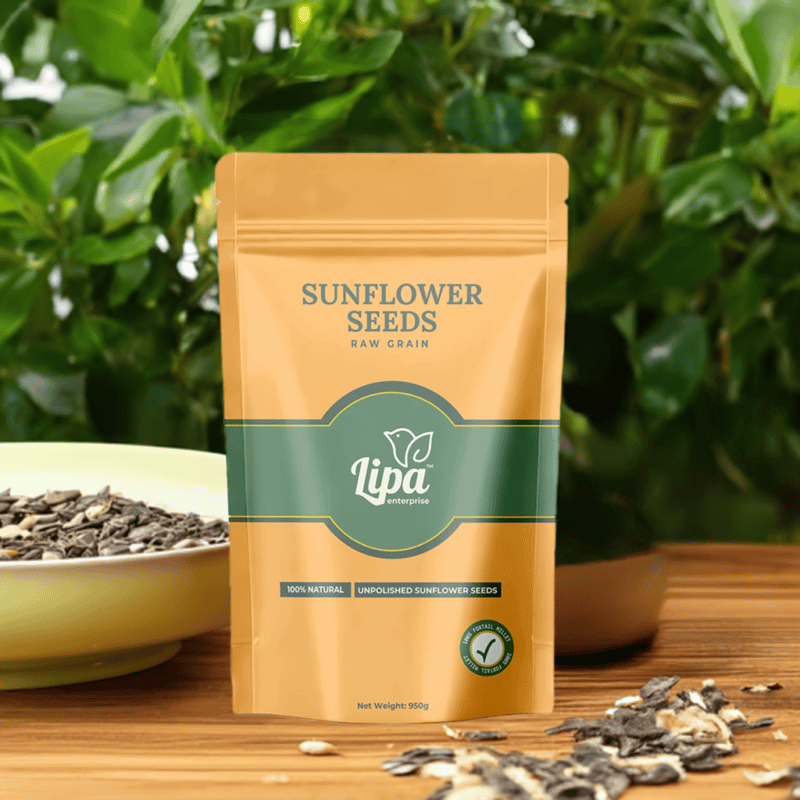
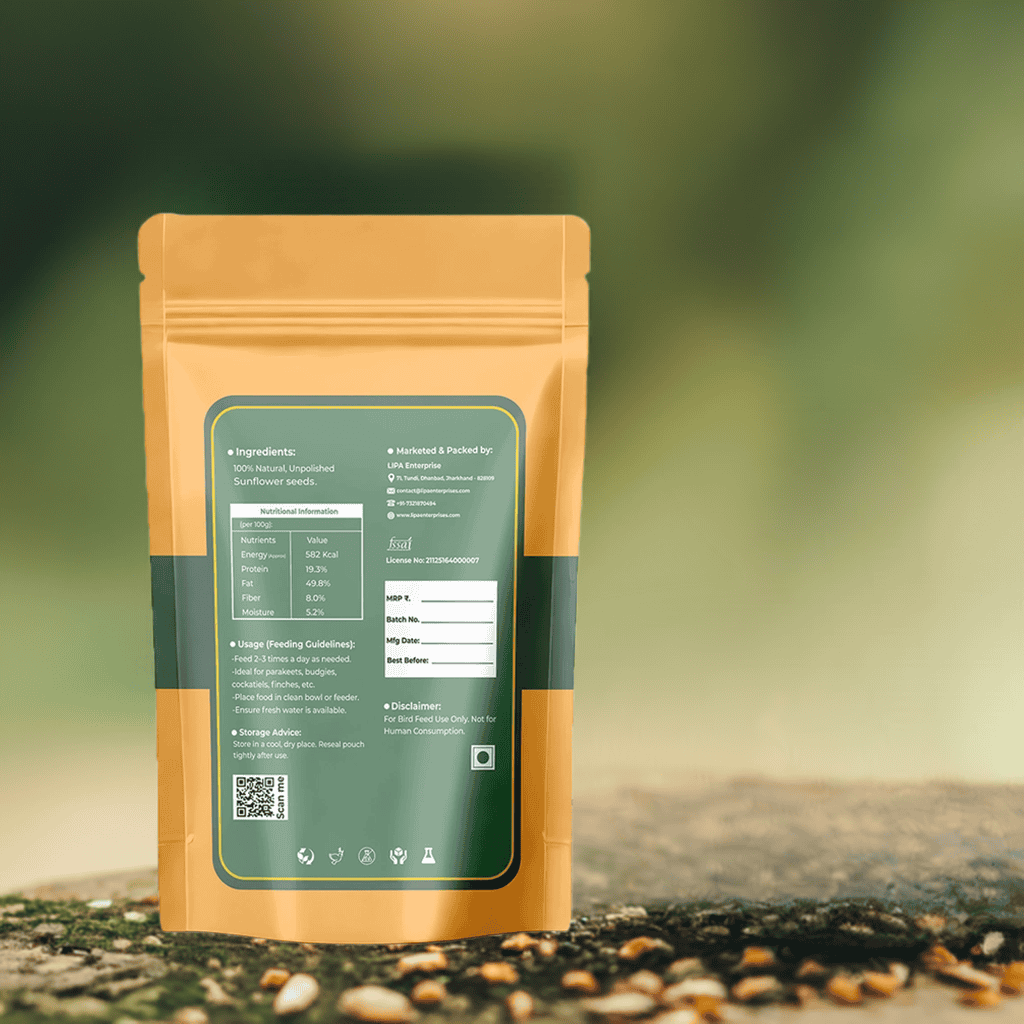















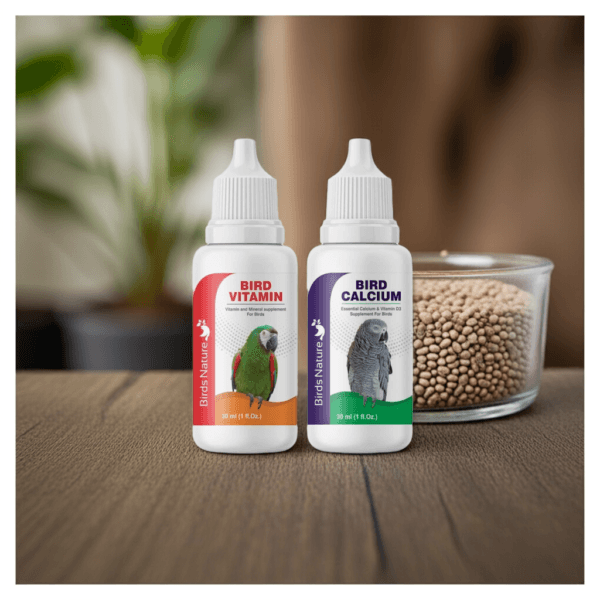
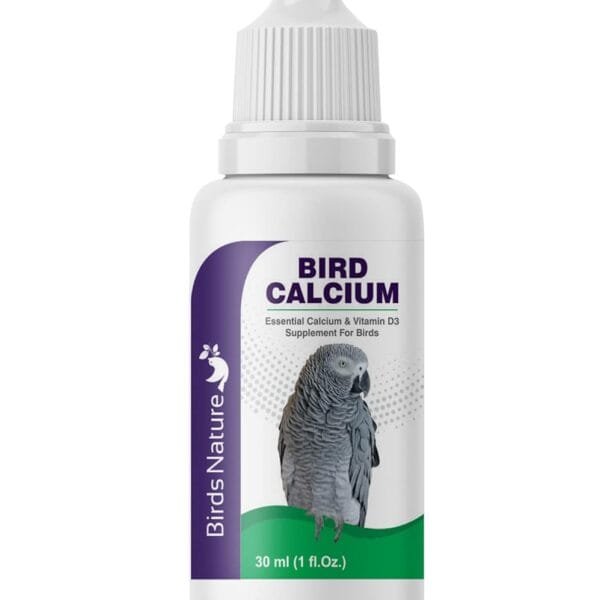








Kavita Tiwari –
Fresh and good, but i know the price is promotional only.
Jaswant –
Some customers received bonus items like cuttlebone pieces.
Sukhwinder –
Birds (conures, cockatiels, parrots) enjoy the seeds.
Rahul Patel –
Highly recommend! Clean packaging, premium seeds, and my conure picks them over other brands. Worth every penny.
Joginder –
Great value for the price. Seeds are plump, fresh, and my lovebirds finish them quickly. Will buy again!
Amandeep –
Value for money (mentioned multiple times).
Ashmit –
High-quality seeds, clean, no dust, good packaging.
Rohit Verma –
Perfect for my parrots! The seeds are fresh, large, and have no dust. My birds go crazy for them—great purchase!
Vikram Yadav –
Consistently good quality. I’ve ordered multiple times, and my budgies always enjoy these sunflower seeds. No complaints!